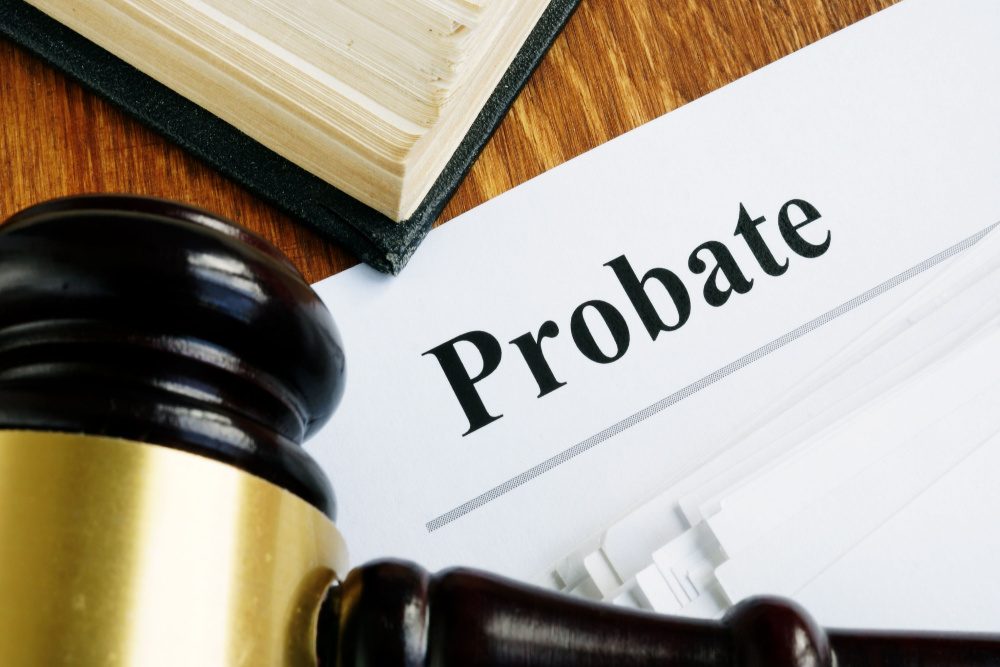When a person passes away in Florida, their family typically has to undergo a legal process known as probate. Unfortunately, when people lose a close family member, they suddenly have a million things on their minds and that they have to deal with practically; navigating complex court proceedings isn’t even close to something they want to add to that list.
If you have recently lost a loved one, you have our deepest sympathy, and you also have our offer of help. Going through probate without legal guidance can be confusing and tedious. Working with a probate attorney in Florida can help you move past the legal phase of loss quickly and spend more time focusing on the parts of your bereavement that truly matter, such as comforting family members and processing your own grief. Osenton Law, P.A., can make this difficult time easier and lead you to the fastest, most efficient resolution possible.
What Is Probate?
Probate is a Florida court process by which a recently deceased person’s assets are officially transferred to their heirs via a series of legal steps. Unfortunately, this process typically needs to begin shortly after their passing, so it’s natural for emotions to be at a high point for those who are mourning, examining and distributing their loved one’s belongings, and trying to comply with legal procedures at the same time.
People who aren’t familiar with probate may see it as a cruel burden that the state places on grieving families, but probate is actually designed to protect the deceased’s wishes, assets, and family members. Without an official court process, anyone could claim your loved one’s assets as their own; probate ensures that either only those who the deceased individual wanted to benefit from their assets receive them, or if no wishes were known, that their assets are distributed in the manner that makes the most sense.
A Lawyer Can Explain Florida’s Probate Laws
One reason to hire a probate attorney in Florida is because probate laws differ in every state, and unfortunately, Florida’s are notoriously complex and rigid. For example…
- Florida state law requires relatives to submit their loved one’s will (if applicable) ten days after learning of their passing.
- The legal process must include a personal representative to oversee the probate administration. A Florida judge will appoint a representative to assist with the estate distribution. In Florida, representatives must be either legal residents of the state or related to the deceased.
- If the deceased does not have a valid will, the state will reallocate their assets according to the hierarchy listed in Florida Statutes Part I, Chapter 732:
- If the deceased was married when they passed, their estate transfers to their spouse.
- If the deceased was unmarried but has living descendants (children, grandchildren, etc.), their estate goes to them. If they have more than one descendant, the state will decide who receives what.
- If the deceased was unmarried and has no living descendants, their estate goes to their parents or immediate siblings if the parents have passed away.
- If the deceased was unmarried and has no living descendants, parents, or siblings, the state will allocate their estate to the next closest living relatives.
- Submitting the will (if necessary) to the Florida court system to determine its validity
- Gathering a deceased relative’s assets and professionally appraising their value
- Contacting heirs about a loved one’s passing and their share of the inheritances
- Contacting creditors about the loved one’s passing
- Negotiating with debt collectors to settle outstanding payments
- Filing final taxes and overdue paperwork
- Distributing assets according to the deceased’s will or Florida law
- And more.

